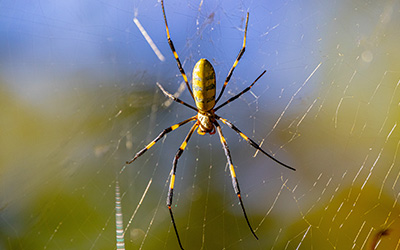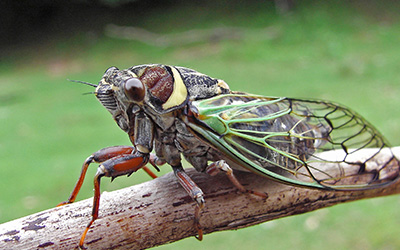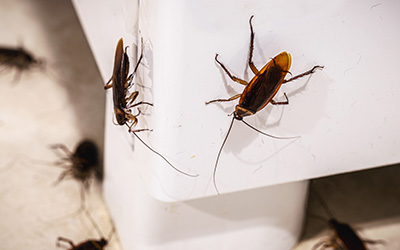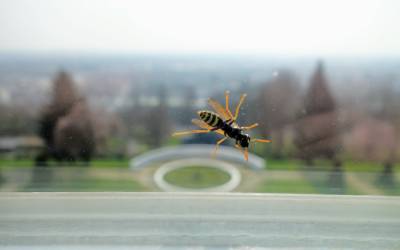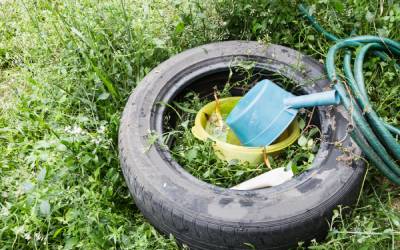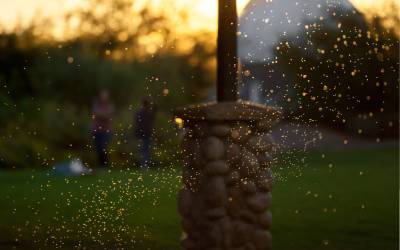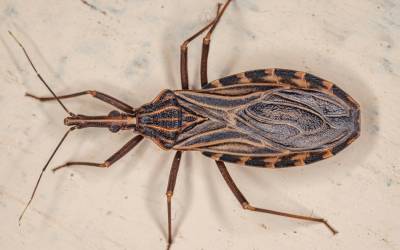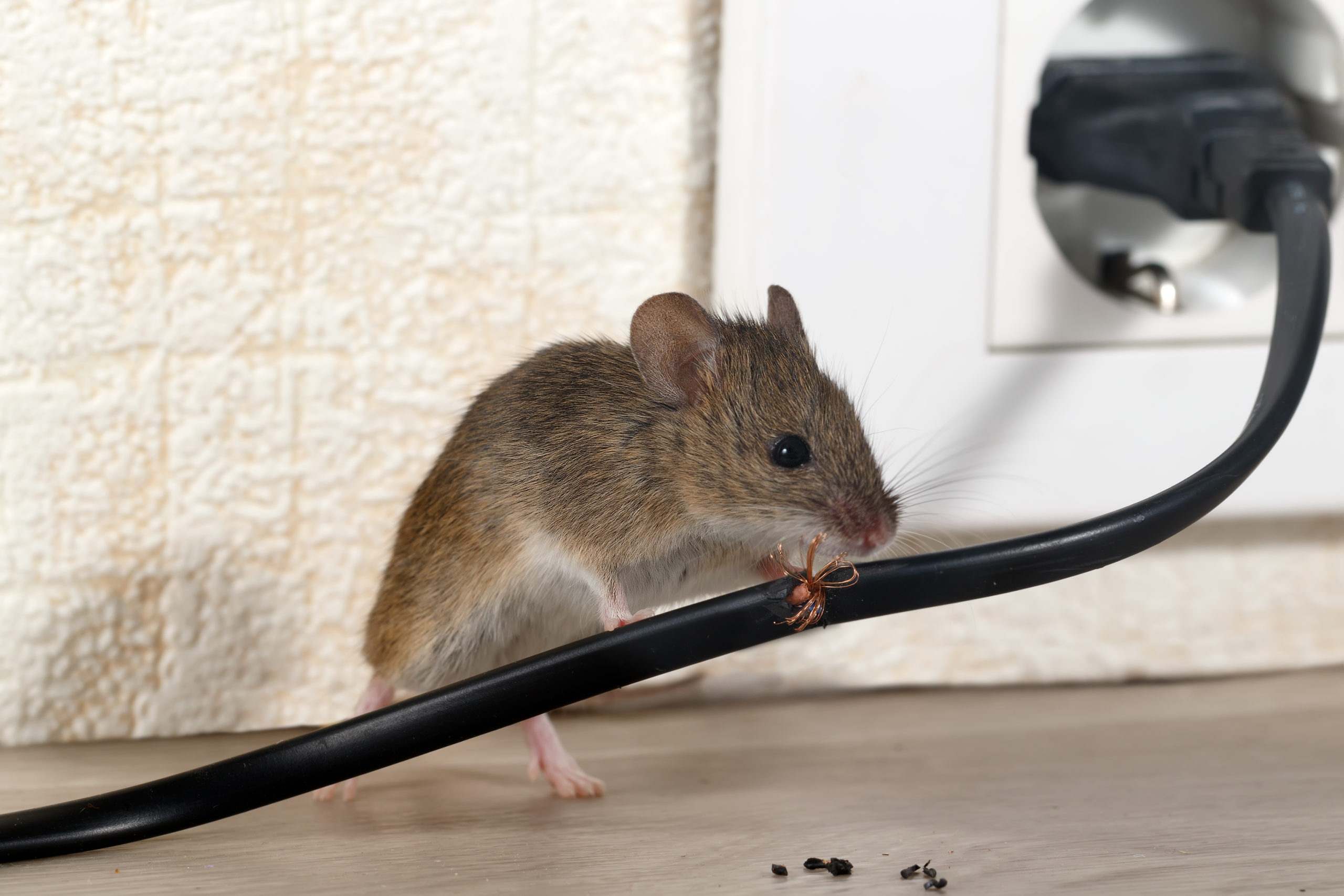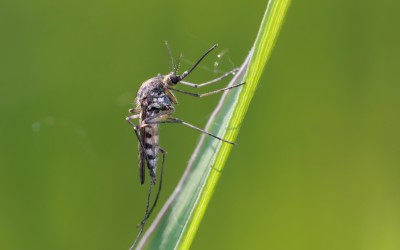Venture into your backyard, and you might be greeted by a sight both majestic and somewhat alarming—a massive spider dominating the landscape with its vast golden web. This isn’t a scene from a nature documentary but could very well be a reality in your garden, thanks to the Joro Spider. This species of orb-weaver spider, notable for its significant size and vibrant colors, has been making headlines for its spread across the eastern United States, now including Central TN.
In this guide, we delve into the fascinating world of the Joro Spider, exploring what makes it a subject of interest and whether it poses any real threat that requires expert spider exterminators.
What Does the Joro Spider Look Like?
The Joro Spider stands out for several reasons, not least its impressive size and the vivid colors that adorn its body. Sexual dimorphism is pronounced in these spiders, meaning males and females have distinctly different appearances. Such distinctiveness in appearance underscores the Joro Spider’s unique place in the spider world, highlighting its adaptability and the complex interplay of genetics and environment that contributes to its survival and proliferation.
Here’s how to tell male and female Joro spiders apart:
Female:
- Size: Large, with a body length of about 0.75-1 inch and a leg span of up to 4 inches.
- Color: Bright yellow and blue body with distinctive red markings.
- Web: Builds large, intricate webs that can span up to 10 feet.
Male:
- Size: Much smaller than females.
- Color: Darker, less vibrant, with more subdued colors.
- Web: Does not build webs as females do.
The webs of the Joro Spider are as distinctive as the spiders themselves—large, golden, and incredibly resilient, capable of ensnaring a variety of insects.
Where is the Joro Spider Found?
The Joro Spider demonstrates a remarkable capacity for adaptation. While initially thought to thrive in expansive, natural areas, these creatures have shown an unexpected tolerance for urban environments. Their increasing presence near highways, despite being web-hunting spiders that depend on vibrations to capture prey, highlights their potential for widespread distribution.
Is the Joro Spider Dangerous?
Despite their imposing appearance, Joro spiders generally do not pose a danger to humans. Their bites are rare, and they are more likely to retreat than attack, making them more of a curiosity within our ecosystems than a threat.
Where Did the Joro Spider Come From?
Originally native to East Asia, the Joro Spider’s presence in the U.S. is attributed to an unintentional introduction, presumably via shipping containers that traverse the vast oceans. The subtropical climates of these areas mimic the spider’s natural habitat, providing an ideal setting for the Joro Spider to thrive and expand its range.
What’s Next for the Joro Spider in Central TN?
The Joro Spider’s adaptability and successful breeding patterns suggest it is here to stay in Central TN, expanding its territory across the region. While this may be an unwelcome change to some there is still beauty in this new development due to their unique golden spun webs.
Got Questions About Spiders?
While the Joro Spider’s size and unfamiliar presence may initially inspire apprehension, it’s essential to remember they are largely benign to humans. Their emergence in Central TN signifies the dynamic shifts in our local ecosystems.
If you have any concerns about the Joro Spider or require expert assistance with spider removal or managing other pests, The Bug Man is here to provide the expertise and solutions you need. Contact the Bug Man pest control experts today, our team is equipped to handle any pest challenge, ensuring your peace of mind is restored.

